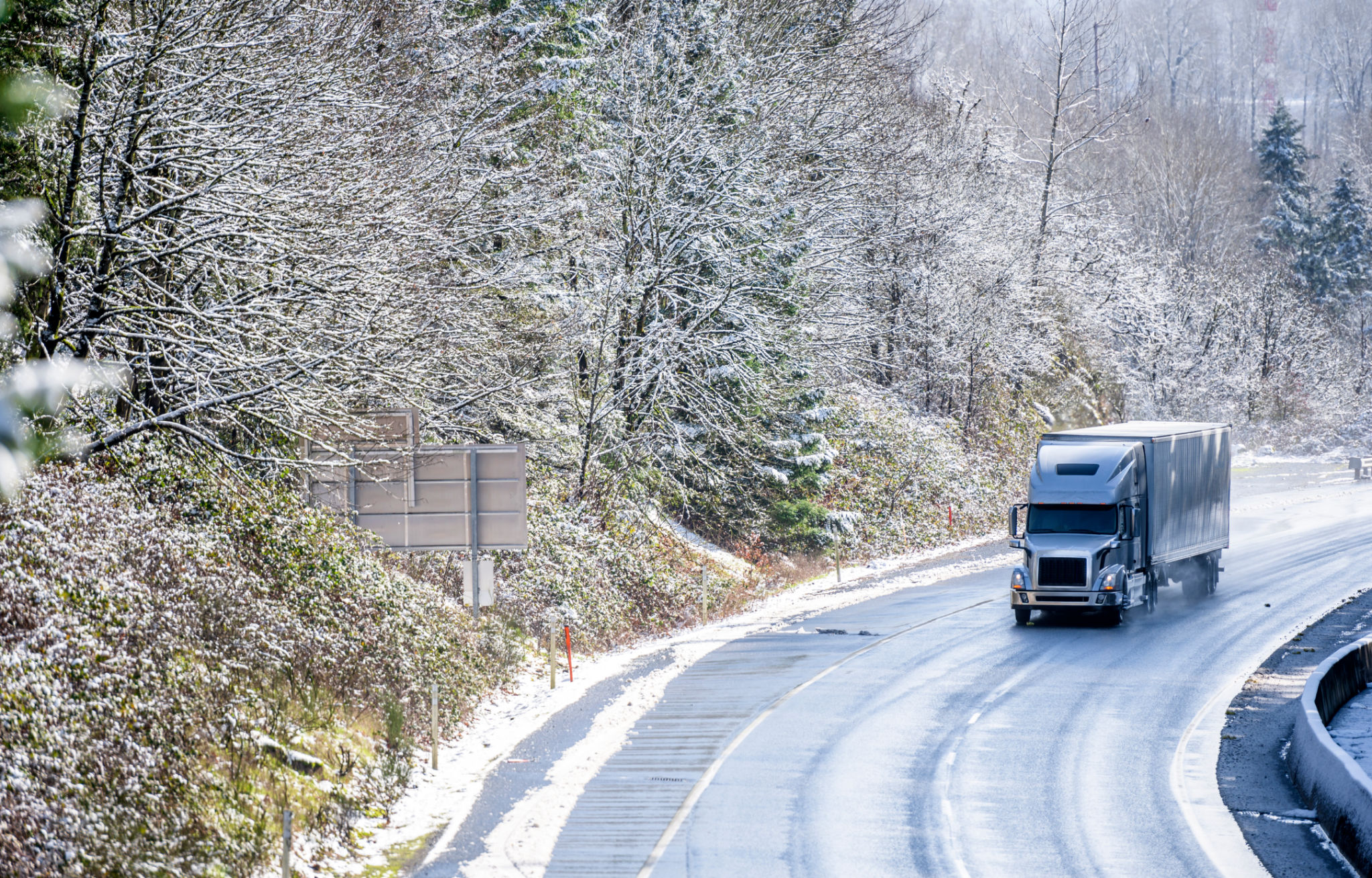The Impact of Seasonal Changes on Trucking in Calgary
Understanding Calgary's Seasonal Challenges
Calgary, known for its diverse climate, experiences a significant impact on its trucking industry due to seasonal changes. Each season brings unique challenges and considerations for truckers, affecting everything from road conditions to fuel efficiency. Adapting to these changes is crucial for ensuring the safety and efficiency of trucking operations.
Winter: Navigating Snow and Ice
The most challenging season for trucking in Calgary is undoubtedly winter. With heavy snowfall and icy roads, truck drivers must be extra cautious to avoid accidents. Proper tire maintenance is essential, as winter tires provide better traction in snowy conditions. Additionally, drivers should be prepared for reduced visibility due to snowstorms, which can make navigation difficult.
Calgary's winter temperatures can drop significantly, affecting both the functionality of trucks and the health of drivers. It is important to frequently check antifreeze levels and ensure that heating systems are operational to prevent breakdowns and ensure comfort during long hauls.

Spring: Thawing Roads and Mud
As the snow begins to melt in spring, road conditions can become challenging due to thawing and mud. This period often leads to road restrictions and weight limits as municipal authorities aim to protect the roads from damage caused by heavy vehicles. Truckers need to stay informed about these restrictions to avoid fines and route diversions.
Spring also brings frequent rain showers, which can lead to slippery roads. Ensuring that brakes are well-maintained and functional is crucial during this time. Moreover, the transition from cold to warmer temperatures can affect tire pressure, necessitating regular checks.
Summer: Heat and Construction
Summer in Calgary brings its own set of challenges, with high temperatures often leading to engine overheating if not properly managed. Truckers should regularly check coolant levels and ensure that radiators are functioning efficiently. Additionally, summer is the peak time for road construction, leading to potential delays and detours.

Planning routes ahead of time and staying updated on construction zones can help mitigate delays. Moreover, summer offers longer daylight hours, which can be advantageous for scheduling longer trips, allowing for increased productivity.
Fall: Preparing for the Cold
The fall season serves as a transitional period where truckers must prepare for the upcoming winter. This includes performing comprehensive vehicle inspections to ensure all systems are ready for colder temperatures. Checking battery health is particularly important as cold weather can reduce battery efficiency.
Fall is also a time when wildlife becomes more active, increasing the risk of animal-related accidents. Drivers must remain vigilant in areas with high wildlife activity, particularly during dusk and dawn when animals are most active.

Conclusion: Adapting to Calgary's Seasons
The impact of seasonal changes on trucking in Calgary cannot be underestimated. By understanding the unique challenges each season presents and taking proactive measures to address them, truckers can significantly enhance safety and efficiency. Whether it's adjusting to icy roads or planning around construction zones, staying informed and prepared is key to successful trucking operations throughout the year.